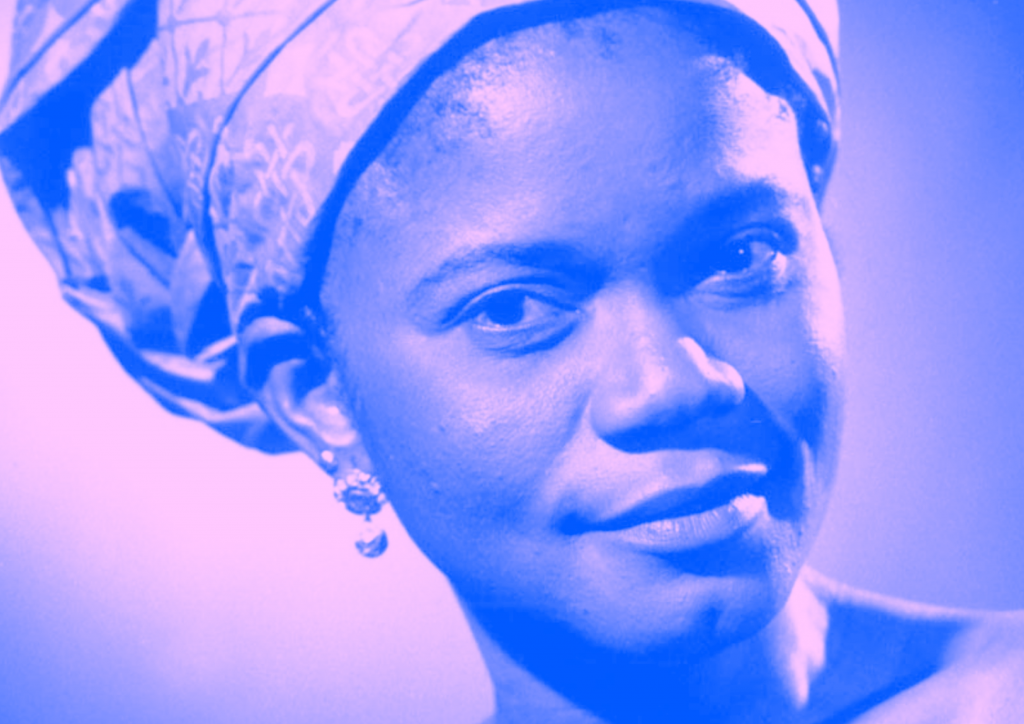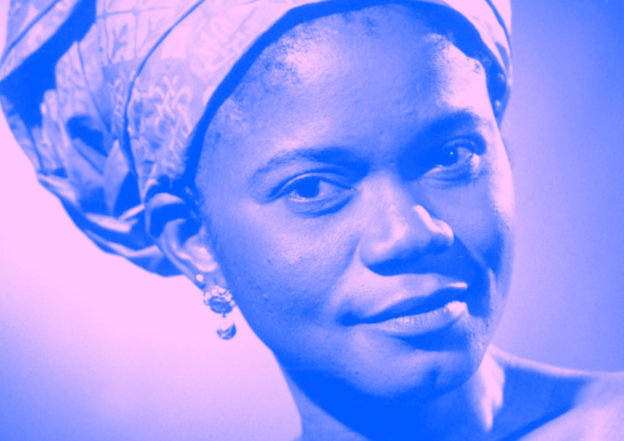
She grew up in Wassoulou, a region in Mali, famous for its many outstanding female performers and for its melodic dance music. Her powerful voice was noticed by an official from the Malian ministry of culture, who invited Doumbia to sing at an important competition for young talent, which she won. Her victory marked the beginning of an international career now reaching its fifth decade. Her husband, guitarist Ngou Bagayoko, has been by her side throughout. They have shared the stage with greats such as Manu Dibango, Toure Kunda, and Miriam Makeba. Nahawa Doubmia’s lyrics have defended women’s rights and criticised polygamy. During the 1990s her sound was strongly influenced by Western pop music, and at the turn of the millennium she added electronic elements to her sound. Recently, Doumbia has returned to the traditional Wassoulou sound, where her unpolished tone soars, rising and falling to the accompaniment of bala, kamele ngoni, djembe, and acoustic guitar.

